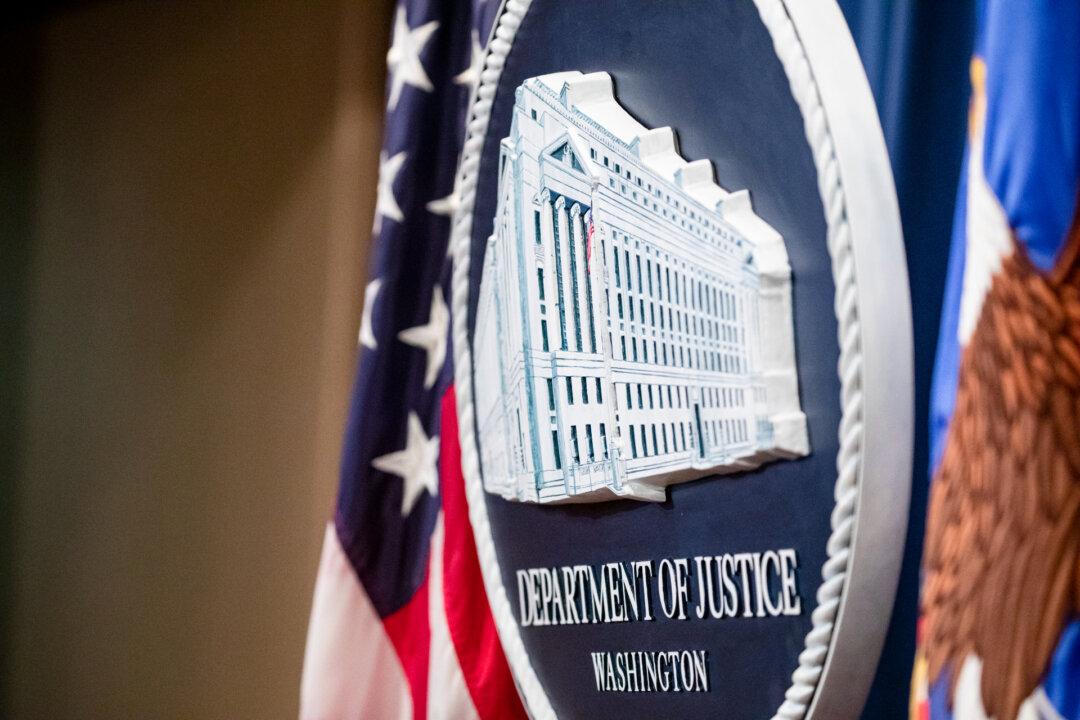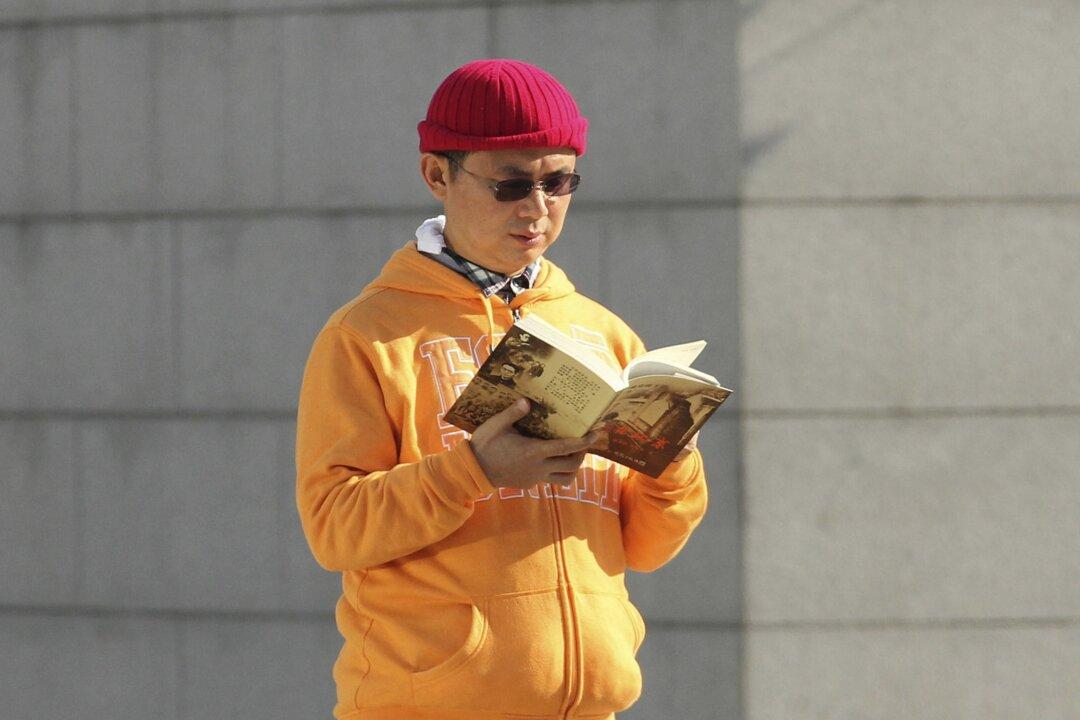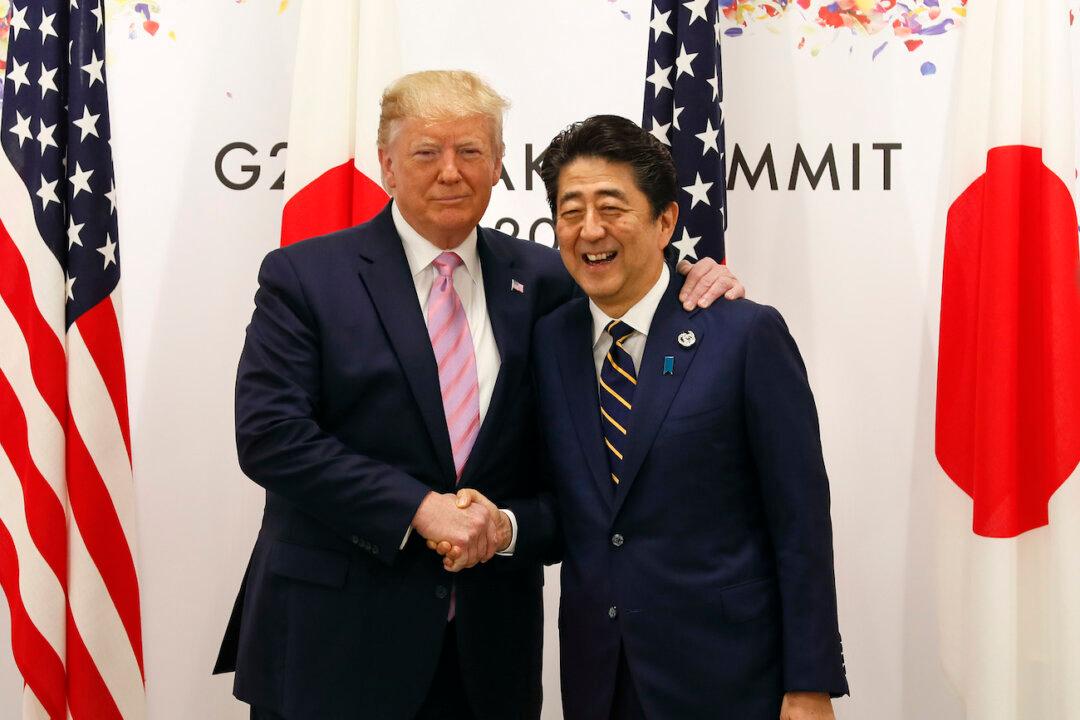The Chinese Communist Party (CCP) has a longstanding custom of compiling “internal references,” known as “nei can“ in Chinese, for top officials. These publications vary by degree of confidentiality and are available to different levels of leaders, from the Party’s upper echelons down to county-level governments. They are only allowed to be seen by Party officials.
This tradition can be traced back to 1948, when the CCP was about to come to power in mainland China. They serve as a secret source of news to keep officials informed of the latest major events at home and abroad—which would not be available to ordinary citizens due to Beijing’s strict censorship rules.




